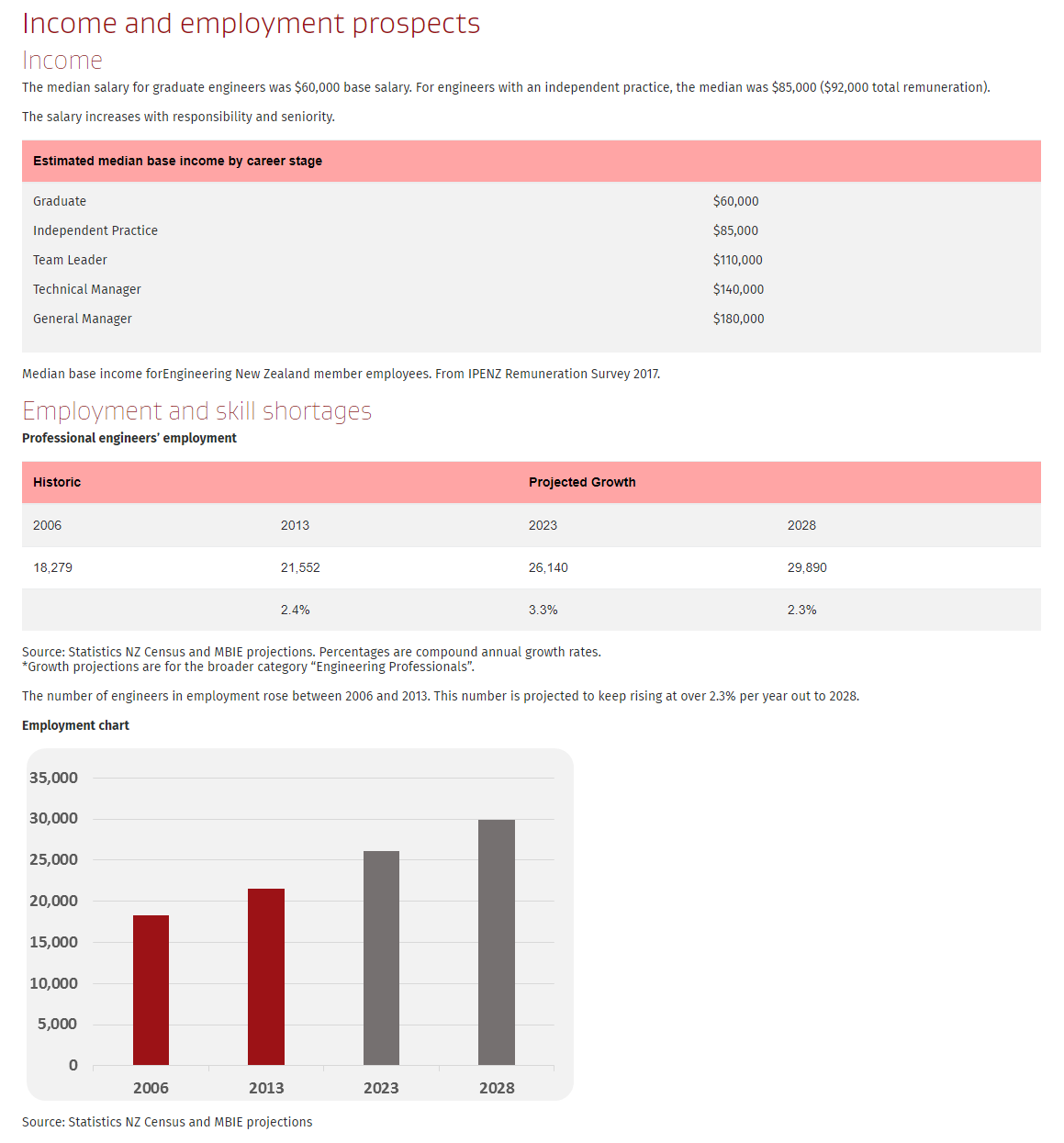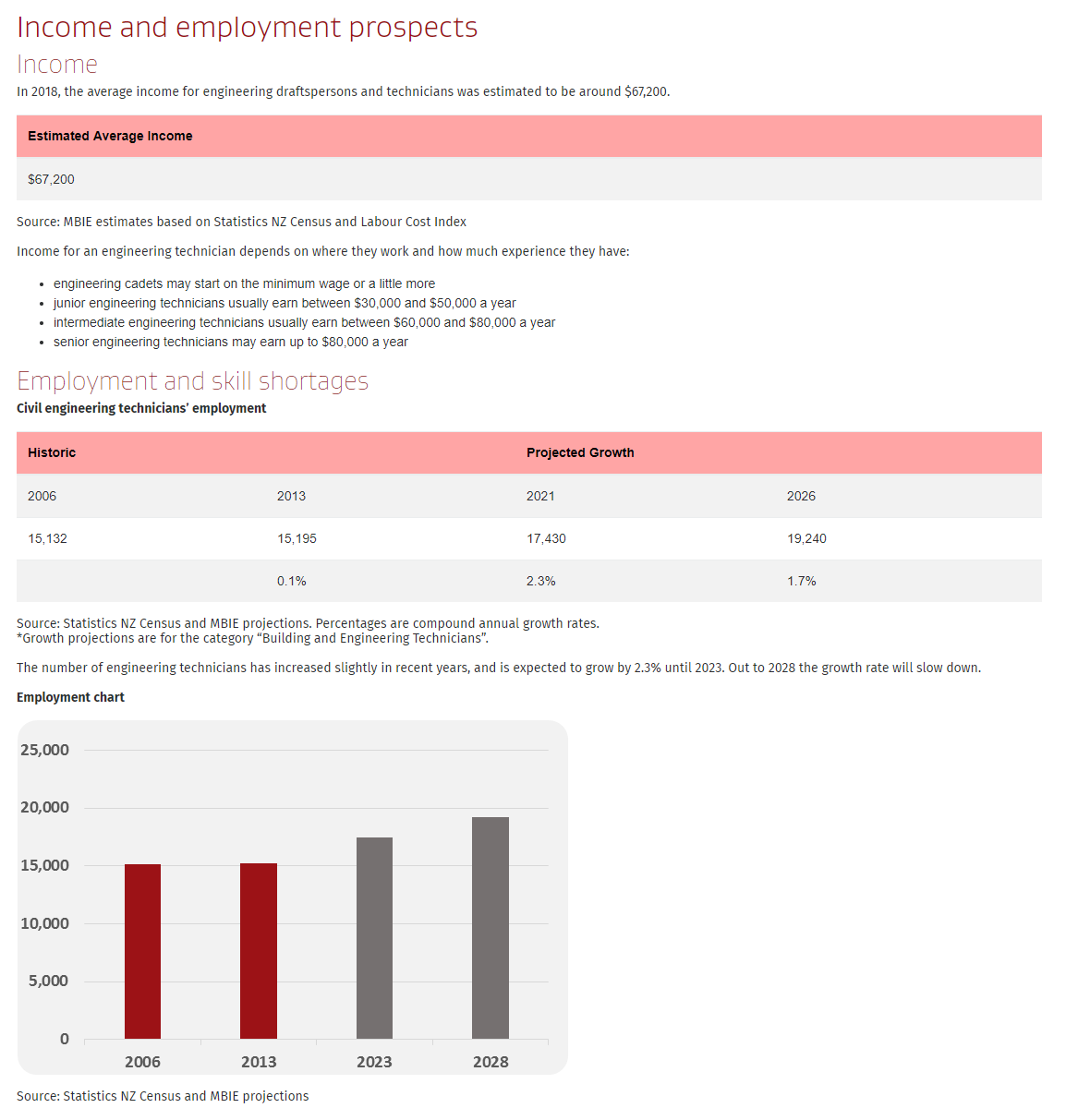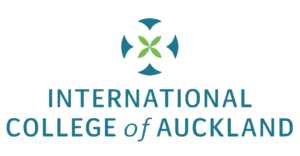Diploma In Electrical Engineering (Level 7)
Preparing graduates for roles in designing, implementing,
and maintaining electrical systems and infrastructure.
Overview
ICA’s diploma in electrical engineering(level 7) is designed for those who want to work with future technology and current market trends in New Zealand. A student who is keen on solving electrical or electronic engineering problems and wants to design systems and administrate networks can join ICA’s “Diploma in Electrical Engineering” (DEE).
The DEE consists of two specializations: 1) Telecommunication and networking, 2) Electronics and embedded systems along with compulsory courses in electrical engineering including mathematics, engineering management and a final project.
Course Details
Course Length
2 Academic Years ( Full Time )
Total credits
240
Programme Level
07
Entry Requirements
Domestic Students
- Applicants must have a Diploma in Electrical Engineering Level 5 OR
- Equivalent knowledge and skills such as:
- First year of the New Zealand Diploma in Engineering (Electrical) (Level 6) OR
- First year of the University degree in electrical or equivalent
- National Certificate in electrical (level 4) + Suitable experience. The applicant shall be required to formally apply for the assessments of prior learning; and complete the assessments of prior learning if approved to do so by the DEE programme leader.
- International Baccalaureate Diploma with 24 points minimum and 2 years relevant work experience
- Three years relevant work experience and 20 years of age or over. The applicant shall be required to formally apply for the assessments of prior learning; and complete the assessments of prior learning if approved to do so by the DEE programme leader
International Students
- Applicants must have a Diploma in Electrical Engineering Level 5 OR
- Equivalent knowledge and skills, such as:
- 10 years high school + 3 years certificate/diploma in technology OR
- The first year of Bachelor of Electrical Engineering degree completed and similar qualifications OR
- First year of the New Zealand Diploma in Engineering (Electrical) (Level 6) OR
- International Baccalaureate Diploma with 24 points minimum And 2 years relevant work experience OR
- Three years relevant work experience and 20 years of age or over. The applicant shall be required to formally apply for the assessments of prior learning; and complete the assessments of prior learning if approved to do so by the DEE programme leader
- Applicants must meet the minimum academic entry requirements and have achieved an overall band score (Academic) of 6.0 IELTS, (writing, speaking, reading and listening bands no less than 5.5) or equivalent (see table 1 below for the IELTS equivalent options). Over and above existing English proficiency may be determined if the medium of instructions in primary and secondary studies was in English OR if the applicant has studied for three years full time in New Zealand, USA, Canada, Australia, and the UK.
English Language Test
You can use the English language tests in the table below to meet ICA’s English language requirements. You must satisfy the requirements in one sitting and results are valid for two years from the date on the test certificate
| Test | Minimum Requirements |
|---|---|
| IELTS (Academic) | Overall band score of 6.0 with no individual band score less than 5.5 |
| Internet-based TOEFL (iBT) | Score of 60 (with a writing score of 20) |
| Paper-based TOEFL | Score of 550 (with an essay score of 5 TWE) |
| Cambridge English: ESOL | FCE with a pass at Grade B or CAE with a score of 52 |
| NZCEL | Level 4 (Academic) |
| Pearson Test of English (Academic) | PToE (Academic) overall band score of 50 with no band score lower than 42 |
| City & Guilds IESOL | B2 Communicator with a score of 66 |
Recognition of Prior Learning (RPL)
RPL addresses previous qualifications and relevant experience including:
- Cross credits
- Assessment of prior learning
- Credit transfers
Maximum 50% of cross credits may be awarded through RPL and APL. Credit transefrs can be done for all the subjects already passed.The student needs to apply for cross credits at the time of admission application. Once a course of study is approved, then it will not be considered for cross credits.
For more information please click here to download the brochure.
Electrical Engineering Society:
- Visit our Facebook page www.facebook.com/ICAEngineeringSociety
Aim of the Course
This programme aims to provide an advanced programme of study covering core knowledge and skills in electrical and electronics engineering, and two specialist strands: Telecommunications and networking, and Electronics and embedded systems.
The programme has been designed for students who have already completed a course of study in electrical engineering at Level 5, or who have equivalent skills and knowledge, and wish to develop more specialist knowledge and skills.
Course Structure

Compulsory Papers:
DEE500 Mathematics for Engineers
This paper aims to develop theoretical and problem solving skills by understanding and practising number systems, vector algebra and geometry, calculus, multivariable calculus, sequences and series, Laplace and Z- Transforms; Fourier Series and Transforms; and statistics and probabilities. The primary focus of this paper is to build learner’s capabilities to solve engineering problem using contemporary mathematical techniques.
DEE600 Engineering Project Management
This course intends to apprehend management issues in engineering projects and to tackle problems raised in team work appropriate to contemporary engineering applications. The primary focus of the paper is on planning, managing, scheduling and controlling engineering projects, dealing with team members, time and activity scheduling of work force, risk management, controlling reliability of processes and maintaining quality of products by implementing engineering standards. This course will provide knowledge and skills to the learner to manage and complete projects in a successful way.
DEE700 Final Project
This paper aims to enhance problem solving, social capabilities, and technical capabilities of the learners by investigating, proposing, designing and testing a real life electrical engineering problem. The primary focus of the paper is to develop learners’ skills to research, propose, develop, test and troubleshoot an electrical engineering project with a suitable amount of supervision and mentoring facilities.
Optional Papers (Any Three Papers):
DEE501 Electrical Circuits and Devices
DEE502 Computer Programme and CAD Tools
This course aims to develop a strong foundation of learner’s skills in programming and Computer Aided Design (CAD). Using contemporary programming and CAD tools, learner will develop software and will apply key concepts of software development lifecycle (SDLC). Learner will be introduced to key concepts of object orientated programming and CAD tools which will enable them to develop solutions for various types of engineering problems. The leaners will also explore key design issues, CAD and global trends in engineering design.
DEE601 Electronic Communication Systems
This paper aims to construct a deep theoretical knowledge and creative practical skills appropriate to modern electronic communication system. The primary focus of this paper is to transform students into competent and independent practitioners in the field of electronic communication, to a level necessary to gain entry to professional practice with excellence into the electronic communications industry.
DEE602 Data Communications and Computer Networks
This paper aims to develop theoretical and practical approach to understand networking technologies and protocols to design and install LAN and WAN in small, medium and enterprise networks. The primary focus of the paper is to develop skills in learners to install, configure and troubleshoot switching and routing protocols.
DEE603 Antenna and Wave Propagation
This course deals with the fundamental concepts of designing antennas and understanding associated wave propagation. The primary focus of the course is to acquaint learner with fundamentals of electromagnetic radiation with application to antenna theory and design, electromagnetic wave propagation, its scattering and diffraction, with application to understanding wireless communication channels, and finally numerical and asymptotic methods for solving complex electromagnetic wave propagation process.
DEE604 Advanced Circuits and Systems
DEE605 Advanced Electronic Devices and Applications
This paper aims to develop understanding of electronic devices and signals with emphasis on advanced application, small signal transistor amplifier, power semiconductor devices as applied to power amplifiers. The paper also covers operational amplifier circuits, waveform generation, Fourier analysis. Upon completion, learner should be able to construct, analyse, verify, and troubleshoot discrete component circuits using appropriate techniques and test equipment.
DEE606 Microprocessor and Digital Logic Design
This paper aims to provide in-depth theoretical concepts and practical experience of digital logic and microprocessor based designs. Topics include combinational and sequential logic circuits; microprocessor hardware; and modern Integrated Development Environments (IDEs) to develop microprocessor software. Upon completion, learner should be able to construct, interface and troubleshoot digital logic and microprocessor based circuits using suitable techniques, equipment and software tools.
Strand Papers.
Telecomunication and Network (All Six Papers)
DEE710 Network Security
This paper aims to develop theoretical and practical approach to understand network security concepts, design of a secure network infrastructure and concepts of security and availability with Cryptography and Virtual private Networks (VPNs. Upon completion, learner will be acquaint with skills critically understand security concepts to develop a secure network infrastructure with advanced features of cryptography and VPNs.
DEE711 Analysis and Design of Enterprise Networks
This paper aims to develop theoretical and practical approach to understand networking technologies and protocols to design and install LAN and WAN in small, medium and enterprise networks. The primary focus of the paper is to develop skills in learners to install, configure and troubleshoot switching and routing protocols.
DEE712 Wireless Sensor Networks
This course aims to provide learner(s) with an opportunity to learn fundamentals behind design of wireless sensor networks (WSNs). The primary focus of this course is to give students theoretical concepts and hands-on programming experience with various sensors and sensing platforms.
DEE713 Wireless Communication
This paper aims to develop the knowledge and expertise in the function and operation of wireless telecommunication systems. The primary focus of the paper is to train learners about wireless communication fundamentals, key techniques and consequently familiarise them with contemporary wireless telecommunication systems, including cellular systems.
DEE714 Broadband Communication
This paper provides a thorough knowledge and understanding of broadband communication systems and provide the learners with the tools to analyse various opportunities in this area. The course focuses on the fundamental concepts of broadband communication including X.25, frame relay, synchronous optical network (Sonet)/ synchronous digital hierarchy (SDH), virtual private network (VPN), digital subscriber line (DSL), integrated service digital network (ISDN) asynchronous transfer mode (ATM), wireless data services, personal mobile communications services (PCS), and the architecture of fibre channel.
DEE715 Optical Fiber Communication
The objective of this course is to provide an understanding of optical fibre communication systems. The primary focus of the course is to acquaint learner with fundamentals of fibre optics with application to optical fibre communication system theory and design, optical transmission, optical sources and modulation techniques, optical reception with various photo detectors and noise suppression techniques, finally principles of wave length division multiplexed (WDM) systems, RF photonic system and passive optical networks
Electronics and Embedded Systems( All Six Papers )
DEE720 Power Electronics Principles and Applications
This paper aims to understand the power electronics devices and solid-state drive packages appropriate to recent industrial applications. The primary focus of the paper is to deliver the learner a hands-on experience on the operation and troubleshooting of typical commercial AC and DC drive systems through laboratory exercise to acquire technical skills essential for the power electronics industry.
DEE721 Automated Test System Design and Best Practices
This course aims to develop skills in learners to evaluate, select and design automated systems, both software and hardware, to validate electronic products. Upon successful completion of the course, learner will be able to identify hardware requirements for automated test systems, their analysis and design; write practical test applications using sophisticated software; and design and architect test system frameworks to distribute them among multiple test stations in accordance with current industry practices.
DEE722 Advanced Microcontrollers and Interfacing
This paper aims to provide in-depth theoretical and practical understanding of contemporary microcontrollers. The primary focus of the paper is to develop learner’s ability to program and interface microcontroller with on and off chip peripherals implement state of art intelligent designs.
DEE723 Real Time Embedded Systems
This paper aims to provide in-depth knowledge and skills appropriate to today’s embedded systems, in both hardware and software development. The primary focus of the paper is to make the learner a competent and independent practitioner in the field of embedded systems to a level whereby learner hasknowledge and skills necessary to gain entry into a professional practice of the embedded system industry.
DEE724 Real Time Operating Systems
This paper aims to develop the knowledge of Real Time Operating Systems (RTOSs) concepts and hands-on Skill to write powerful, highperformance software for today’s embedded systems. The primary focus of the course is to make the students skilled to develop software tools to quickly create powerful, reliable and sophisticated applications for embedded systems
DEE725 Control Systems
This course aims to develop strong understanding to instrumentation in terms of their types and functionality; and control systems and their mathematical representation in the time, frequency and state space domains, electrical and mechanical control system stability analysis and designs techniques. The primary focus of the course is to develop skills in learners to analyse, design, simulate and implement control systems for real life applications.
Career Opportunities
Electronics and Embedded System:
- Hardware/Electronics Design Engineer
- Electronics Technicians (ANZSCO Number: 312412)
- Technical Assistant
- Fire Alarm Technician
- Embedded and Application Engineer
Telecommunication and Networking:
- Telecommunications Technician (ANZSCO Number: 342414)
- Fibre or Fibre Optic Technician
- Network Engineer (ANZSCO Number: 263312)
- Systems Engineer (ANZSCO Number: 263111)
- Technical Analyst
- Service Technician
Income and Employment Prospects
For Engineering Professionals:

For Engineering Technicians:

Program Brochure
Download our program brochure to learn more about our courses and offerings.
